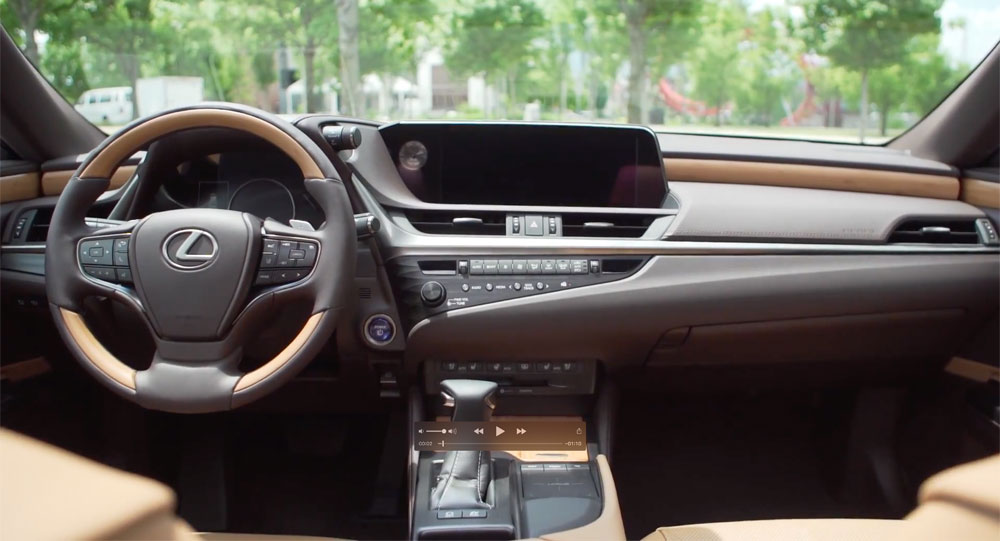The 2019 Lexus ES is ready for its turn in the spotlight, with the world’s automotive media currently driving the new model around Nashville ahead of its late-summer release at dealerships.
Here are four videos showing off the new sedan’s interior — three featuring Topaz leather and various trim options, and one inside the Black ES F SPORT:


Comments